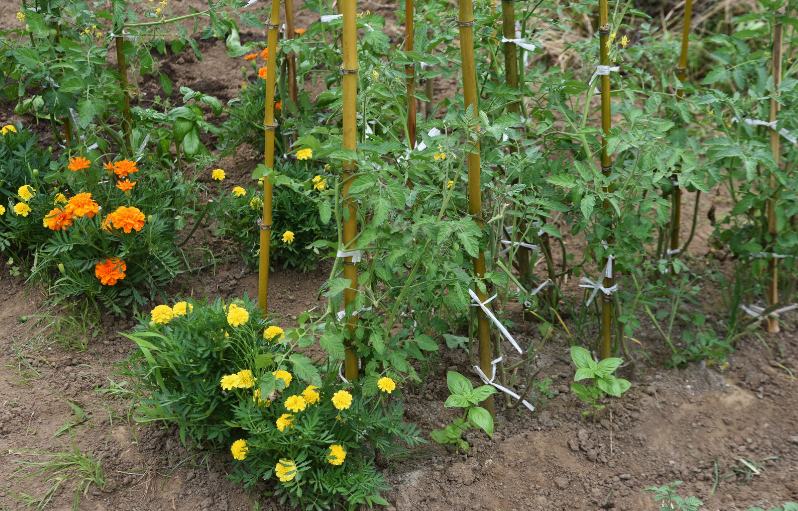
Reducing waste in the kitchen is good for your wallet, your health, and the planet. Small, mindful changes can help you get the most out of the food you buy, while supporting sustainable habits that make a big impact over time.
As a health coach, I often remind clients that minimizing waste starts with awareness — of what you buy, how you store it, and how you use it. Here are a few simple strategies to help you make the most of your groceries and reduce food waste.
1. Plan Before You Shop
Take a few minutes each week to plan meals and check your pantry, fridge, and freezer before heading to the store. Create a shopping list and stick to it. This helps you buy only what you need and avoid impulse purchases that may spoil before you can use them.
2. Store Food Properly
Proper storage extends the life of your produce and other perishable foods. Keep fruits and vegetables in separate crisper drawers, and store herbs like cilantro or parsley in a jar with water, just like fresh flowers. Label leftovers with dates so you can use them before they go bad.
3. Embrace “Imperfect” Produce
Fruits and vegetables with odd shapes or small blemishes are just as nutritious as their perfect-looking counterparts. Buying “imperfect” or discounted produce helps reduce food waste and supports sustainable food systems.
4. Use What You Have
Get creative with ingredients you already have on hand. Leftover vegetables can be added to soups, stews, or omelets. Overripe bananas are perfect for smoothies or banana bread. The stems of broccoli, kale, and herbs can be blended into sauces or pesto.
5. Practice Portion Awareness
Cooking or serving smaller portions helps reduce uneaten food. You can always go back for seconds if you’re still hungry. Being mindful of portion sizes also supports healthy eating habits.
6. Reuse and Recycle
Use reusable containers instead of single-use plastics. Composting fruit and vegetable scraps is another great way to reduce waste — your garden will thank you!
7. Make It a Family Effort
Involve everyone in the household. Encourage kids to help plan meals or find creative ways to repurpose leftovers. Turning waste reduction into a family project can make it fun and rewarding.
Health Coach Tip
Reducing food waste isn’t about
perfection — it’s about
progress. Even small steps, like saving leftovers or repurposing produce, add up to meaningful change. By minimizing waste, you’ll save money, reduce environmental impact, and cultivate a healthier, more mindful relationship with food.













